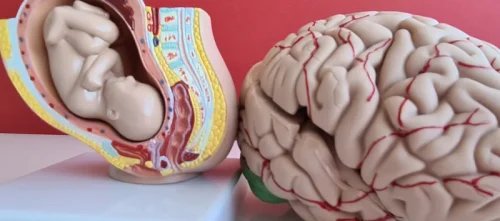Top Meditation Techniques to Fight Addiction

Being present and mindful helps us learn to cope with reality as it actually is—not how we perceive it. What’s more, incorporating mindfulness exercises into treatment is especially helpful for those of us who have struggled with addiction to alcohol, drugs, porn, unhealthy relationships or other destructive behaviors. Studies have shown that mindfulness activities can actually reshape your brain in positive ways, improving physical and mental health and promoting overall well-being. It can help tame your anxiety, provide a greater self-awareness, and help you acknowledge and cope with emotions that may not be rooted in reality.
Can mindfulness really help prevent relapse?

Some people focus on their breath, and feel it swell inside their chest before they slowly exhale. Some people pay attention to their physical experience, listening to their entire body and allowing each sensation to exist without judgment. And some simply sit and watch as new thoughts enter and exit their mind. Though mechanistic research on MBIs has begun to amass, there are few psychophysiological and neuroimaging studies of MBIs as a treatment for addiction. Thus little data exists to either support or refute the neural mechanistic models proposed in this section. Before ending your meditation, express gratitude for the time and effort you’ve devoted to this practice.

How to Practice Mindfulness and Meditation in Recovery
- Meditation as a path to understand addictive behavior Mindfulness is a centuries-old contemplative practice that can help you develop awareness,…
- Fortunately, practicing mindfulness and meditation techniques doesn’t require special equipment or training.
- However, meditation can be practiced apart from any religious beliefs, and many people today use it for the variety of ways it can support well-being.
- One strength of mindfulness is that you can practice it anywhere and at any time.
For recovering addicts who are used to partying and having a wild time, sobriety may seem a bit dull. Meditation practice can give them a new source of joy—pleasure in living in the moment and appreciating the simplest of delights. Let’s unpack the numerous benefits meditation offers in the journey toward sobriety and well-being. Acknowledging the meditation for addiction recovery addiction you’re recovering from is also not easy in general, so many people tend to avoid thinking about it altogether. However, know it’s important to identify what caused it in the first place and how you can internally heal from and make peace with it. Remember to be patient with yourself and practice these techniques with a lot of self-grace.
Support Our Mission
There’s also evidence that meditation relieves anxiety, reduces stress, helps to cope with depression, strengthens the body’s immune system, and improves sleep. As you https://ecosoberhouse.com/ continue to practice meditation, you will likely experience more deep and insightful thoughts. With time, you may also find that your ability to focus increases.
The most prominent MBIs (i.e., MBRP, MORE, mindfulness training for smokers) for addiction were modeled after the first generation of mindfulness-based therapies like MBSR and MBCT in terms of their structure and format. MBIs for addiction tend to be multi-week interventions (approximately 8 weeks in duration) usually delivered in a group therapy format. Each week, participants are guided by a trained clinician in various mindfulness practices, including mindful breathing and body scan meditations. These in-session mindfulness practices are debriefed during a subsequent group process, after which new psychoeducational material is typically presented.
- If you’re suffering from severe mental health issues, consult a professional who can provide you with thorough counseling and therapy.
- However, if she notices she is feeling overwhelmed with craving, she could use mindfulness to disrupt the automatic urge to engage in substance use, and then mindfully respond by taking steps to decrease her risk (eg, leaving the party and calling a supportive friend).
- Yet, to the extent that behavioral therapies target dysregulated neurocognitive processes underlying addiction, they may hold promise as effective treatments for persons suffering from addictive disorders.
- D. Embrace an open-minded and compassionate attitude towards yourself and your experience.
- Finally, it is unknown whether mindfulness might best ameliorate addiction through participation in time-limited interventions or if mindfulness should be used daily as part of a wellness lifestyle.
- By cultivating present-moment awareness, you become better equipped to recognize and manage triggers before they escalate into full-blown relapses.

